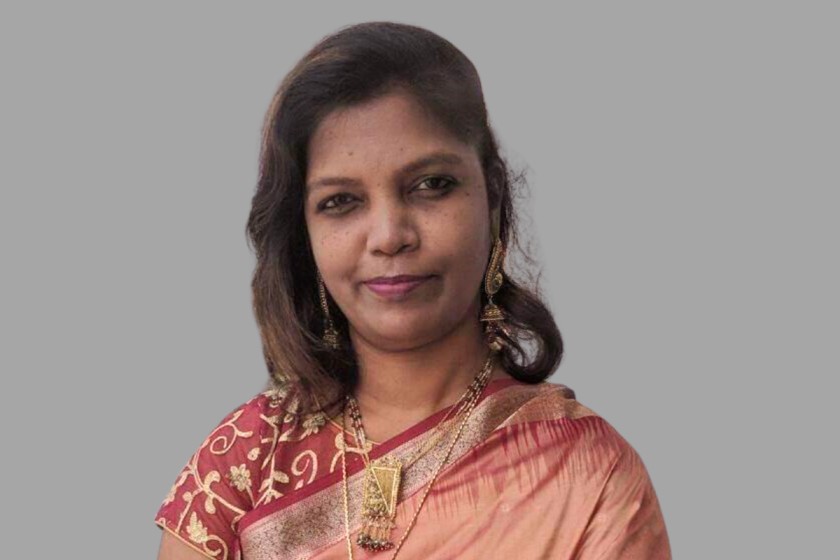- September 16, 2024
Advancing gender equality in corporate leadership: A call for respect and recognition

Anita Ananthan writes about the growing representation of women at CXO levels and the need for workplace respect.
The growing presence of women at the CXO level is a promising sign of progress, especially within India Inc., where the representation of women has reached 39%, surpassing the global average of 32% as of March 2024. The proportion of women hired for CXO roles has nearly doubled over the past decade, reflecting encouraging trends towards gender equality and a shift in organisational culture worldwide. Yet, despite the abundance of reports and data highlighting these advancements, such statistics are often used as tools for political gains, resurfacing only in moments of crisis or public outrage.
Media attention and short-lived reactions
The media’s obsession with sensationalism and TRP ratings ensures that conversations about gender equality or workplace safety for women gain prominence for a few days following high-profile incidents. However, once the immediate uproar fades, so do the public displays of concern, such as social media movements and protests. The deeper issues, such as workplace culture and the true respect women deserve, often go unaddressed.
Workplace safety and gender equality beyond surface-level changes
Debates on workplace ethics, culture, and women’s safety, like those following the RG Kar incident, typically focus on representation and superficial measures, such as transport facilities and sexual harassment policies. However, there is little attention paid to the more subtle forms of abuse, like the lack of respect and recognition. Discussions often ignore the fact that mental and emotional abuse can be just as harmful as physical or verbal harassment.
The real battle: Recognition, not just empowerment
In organisations, particularly at the CXO level, women continue to face challenges in having their opinions valued equally. While many women have risen to leadership roles due to their intelligence, determination, and expertise—rather than mere empowerment—their contributions are often underplayed in male-dominated environments. Women don’t seek sympathy but rather respect and equal recognition for their abilities, knowledge, and skills.
Creating a culture of true equality
True equality at the workplace is not about offering women special privileges or preferential treatment. It’s about fostering an environment where their contributions are valued on par with those of their male counterparts. Women desire recognition for their ideas and capabilities, not because of their gender but because of their competence. This is what creates a congenial and safe workplace, free from distrust and filled with healthy competition.
Organisational culture as the foundation of change
The culture within an organisation sets the tone for how women—and indeed all employees—are treated. Respect and dignity should transcend gender, allowing teams to collaborate effectively and produce meaningful results. Post-COVID, many women have demonstrated their ability to balance professional and personal responsibilities with great success. The question now is not whether women deserve equal rights—they already have them—but whether they are afforded the respect to exercise those rights with dignity in their professional lives.
By addressing these underlying issues and fostering a culture of genuine respect and recognition, organisations can pave the way for a more equitable future, where women are not just present in leadership roles but are truly valued for the contributions they make.
Authored by Ms. Anita Ananthan, Chief Financial Officer – Legal & Compliances at Credence Analytics, a micro-certified MSME software company. Ms. Ananthan is a Certified Independent Director and a distinguished alumna of the London School of Economics (LSE). She is also the founder of ‘Club of Hope’, an NGO dedicated to supporting children and the elderly.
Disclaimer: The views expressed here are personal. The author can be reached at anitakumar@credenceanalytics.com
